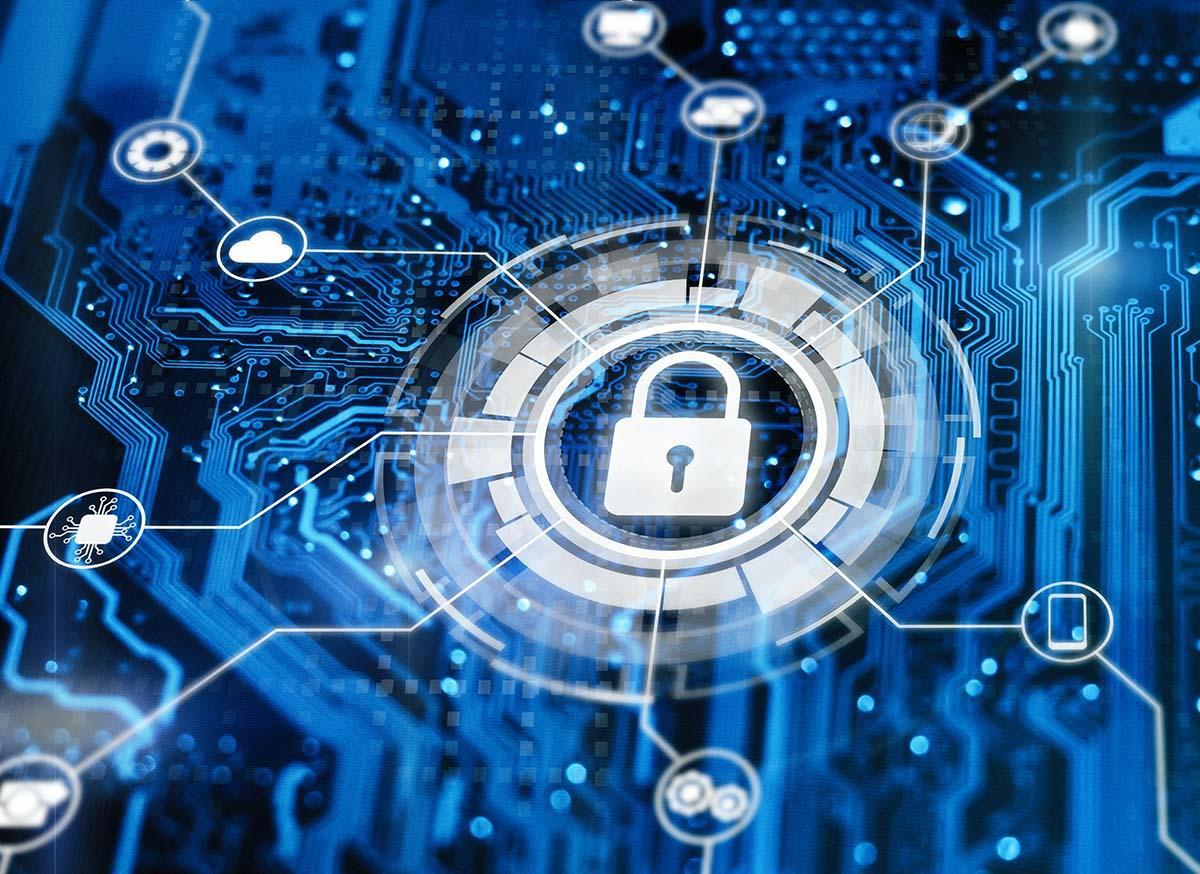India is at war and the most recent front is the war on Cyber Terrorism. The web and related systems have been enduring an onslaught from numerous divisions including programmers, disappointed representatives, monetary extortion culprits, cyber hoodlums and now state supported cyber fear mongers. What began as few irritating infections, malware, Trojan ponies and worms have now bloomed into forceful assaults on our military and mechanical fragments. U.S. PC systems are under steady cyber assaults, by direct attacks by far off locales, by tests by programmers and criminal systems and by undercover work from remote nations. President Barack Obama a year ago pronounced that the cyber danger is one of country’s most genuine monetary and national security challenges.

While there are quick advancements in the zone of resistances against Cyberwarfare, this article puts forth the defines that a solid hostile procedure is required just as far reaching guarded measures. As of late cyber assaults can be followed to authoritarian systems that either legitimately bolster and energize or Harbor cyber psychological oppressors. While beginning assaults from this zone have been irregular and dispersed, army installations and the electric lattice have been infiltrated. The danger to cause noteworthy harm is ever present and developing. Guarded measures, while basically significant, are insufficient and cyber crooks must be countered with forceful hostile assaults. The idea of guards against Cyber Terrorism is more obvious that a hostile methodology on the grounds that the protective assault point is anything but difficult to distinguish. The proprietors or administrators of a specific site can recognize their own benefits that are in danger.
A hostile methodology anyway should recognize the aggressor and the undefined, cross fringe nature of the web frequently shields assailants. A few assailants can conceal their harmful projects in authentic local PC establishments. In cyberspace it is hard to convey a viable reaction if the aggressor’s character isn’t known. Also, there is no universal accord on the meaning of utilization of power, in or out of cyberspace, and numerous specialists said vulnerability makes the potential for contradictions among countries. All things considered; a few specialists have noticed that while cops don’t need to know the character of a shooter so as to shoot back. In cyberspace, the U.S. might have the option to counter a danger, rebuke an electronic test or incapacitate a vindictive system without realizing who is behind the assault. Alexander’s answers mirror the dim idea of the Internet and the heightening danger of cyber fear-based oppression, which opposes outskirts, works at the speed of light and can give profound spread to aggressors who can dispatch problematic assaults from mainland’s away, utilizing systems of guiltless PCs.
